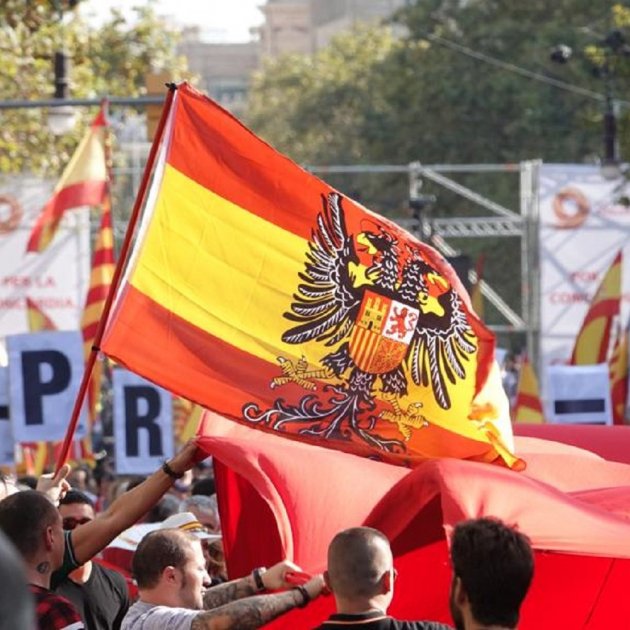A full session of Spain's General Council of the Judiciary - the governing body of Spain's justice system - has voted by 15 votes to six to approve a report made on the Spanish law of democratic memory. The report which the senior judges supported questions whether foundations can be outlawed for justifying or defending the dictatorial regime of Francisco Franco, or for incitement of hatred or violence against the victims of the 1936 coup d'etat.
The Francisco Franco Foundation
"A defence of Francoism, as long as there is no additional element of contempt or humiliation to the victims, is the expression of ideas that, despite being contrary to the values of the 1978 Spanish Constitution, are protected by freedom of expression", concluded the Council. In addition, it believes that no action that took place during the Spanish Civil War [1936-39] or the dictatorship [1939-75] can be criminally investigated, citing the 1977 Amnesty Law, which specifically prevents such prosecutions.
It therefore rejects the initiatives taken to ban foundations such as that created to promote dictator Francisco Franco.
Twitter account of the Francisco Franco Foundation.
Contempt for the victims
The document prepared by judges Roser Bach and Wenceslao Olea and passed this Monday by the senior judicial body refutes several points of a law that, for the first time, incorporates the definition of a victim of the Civil War and the dictatorship. In fact, it proposes that this definition have a "strictly administrative" nature, because "historical truth is not part of the criminal process."
In this regard, the judges recall that the Supreme Court has ruled that criminal proceedings cannot be used to investigate facts related to the Civil War, given the existence of the 1977 Amnesty Law. In addition, they claim that the definition of the figure of victim of the Civil War should be restricted to "central cases of human rights violations". The document also asserts that the annulment of sentences decided by the Franco regime should be limited to resolutions that specifically contain a conviction or penalty, not the rest.
"Asymmetry between victims"
The Council's report also recalls that although the law describes the acts of glorification of Francoism, and those who lead and participate in them as "contrary to democratic memory", in reality this catagorization "alone does not imply any legal consequences" and it claims that the article that classifies a failure to take measures to prevent such acts as a very serious infraction, this cannot be applied to pro-Franco rallies, which it considers are protected by the right to free assembly.
In addition, the document complains that the law may generate "asymmetry" between the victims of the Franco regime and those of "other events constituting human rights violations that took place in the same historical period." It recalled that the European Parliament passed a resolution condemning "the crimes of the fascist and Stalinist regimes".
Main image: Francoist flag in the pro-Spanish union demonstration on 27th October 2017. - Marc Ortín
